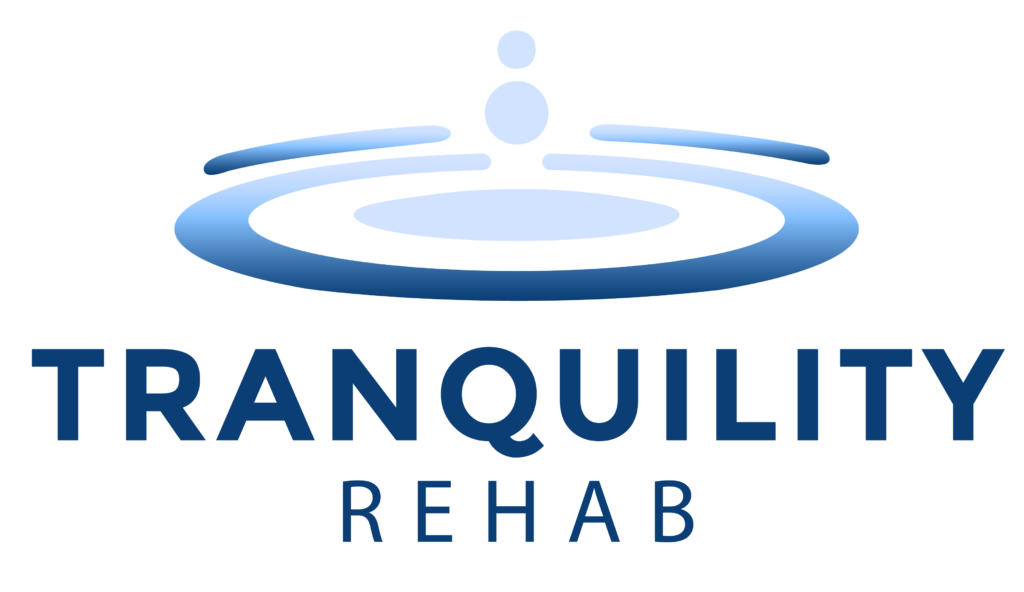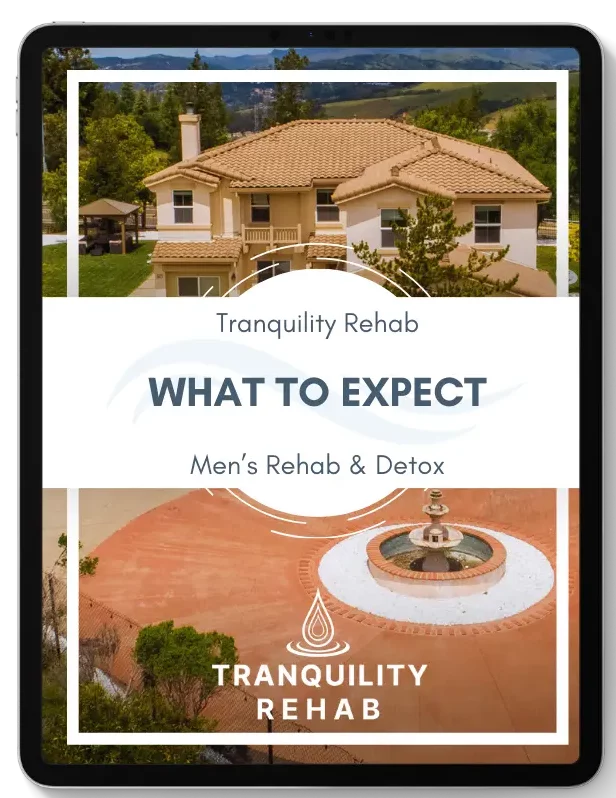One of the most powerful tools in recovery isn’t a medication or therapy—it’s routine. After leaving treatment, the world can feel a little overwhelming, like you’re suddenly responsible for navigating life without the crutch of substances. And that’s where structure steps in.
At Tranquility Rehab, we emphasize building a strong sober routine because stability gives your recovery space to grow. Without structure, it’s easy to fall back into old patterns. With it, you’re setting up boundaries that protect your mental health, boost your self-esteem, and keep you moving forward.
Let’s explore how to create a routine that supports sobriety and why it makes such a difference.
Why Routines Matter in Recovery
When you’re battling addiction, chaos often becomes the norm. Daily life may have been filled with unpredictability, disrupted sleep, poor eating habits, and unhealthy coping mechanisms. Recovery calls for the opposite—consistency, balance, and purpose.
Studies have shown that structured routines improve mental health, especially for individuals in recovery. According to a study, structure and routine were positively associated with lower relapse rates and increased overall life satisfaction among people in early recovery.
Also, the National Institute on Drug Abuse (NIDA) explains that one of the most effective ways to prevent relapse is by building a new lifestyle that includes healthy habits, routines, and activities.
Start with the Basics: Sleep, Meals, and Movement
It may sound simple, but these three basics—sleep, nutrition, and physical activity—lay the foundation for a successful sober routine.
1. Prioritize Sleep
Sleep is often disrupted during addiction and early recovery. But poor sleep can lead to irritability, anxiety, and even trigger relapse.
- Try to go to bed and wake up at the same time every day—even on weekends.
- Aim for 7–9 hours of quality sleep.
- Create a calming bedtime routine, like journaling or listening to relaxing music.

2. Fuel Your Body
Substance use can deplete your body of essential nutrients. Eating regular, balanced meals helps regulate your mood and energy.
- Eat at regular intervals (every 3–4 hours).
- Include whole foods: fruits, veggies, lean proteins, and whole grains.
- Stay hydrated—your brain and body need it to function well.
3. Get Moving
Exercise releases endorphins—your brain’s natural “feel-good” chemicals—and reduces stress. It doesn’t have to be intense.
- Go for a 30-minute walk.
- Try yoga, stretching, or a simple home workout.
- Bonus: exercise can help regulate sleep, too!
Create a Daily Schedule
One of the easiest and most effective ways to stay on track in recovery is to create a daily schedule. When life feels uncertain or overwhelming, having a routine gives you something solid to rely on. It becomes a visual map for your day—helping you stay focused, reduce anxiety, and make healthier choices.
Whether you’re someone who loves a color-coded planner, prefers using your phone’s calendar app, or just jots things down on a whiteboard, having your schedule in writing increases accountability. Seeing your plans laid out clearly not only helps you stay organized—it gives your day structure and purpose.
If you’re not sure where to begin, don’t worry—it’s simpler than it sounds. The key is to start small and build consistency.
Here’s how to get started:
Block out time for essentials: This includes sleep, meals, hygiene, and medications. These basic habits are often the first to go during addiction, so reclaiming them is a huge win.
Schedule recovery activities: Include any therapy appointments, outpatient sessions, 12-step meetings, or support groups. These are non-negotiable anchors in your routine.
Add in work, school, or volunteering: Productive responsibilities offer a sense of purpose and can help rebuild your confidence.
Make time for hobbies and self-care: Recovery isn’t just about staying sober—it’s about enjoying life. Whether it’s a creative outlet, a walk in the park, or time with loved ones, these moments matter.
Even if you feel like your schedule is “empty,” that’s totally okay. In fact, it’s the perfect opportunity to fill your time with intentional activities. Sitting around waiting for the day to pass can leave room for cravings, boredom, and negativity to creep in. But when your time is structured, you’re less likely to fall back into old patterns.
Building a schedule also allows you to track your progress and recognize growth. Over time, what once felt like a forced routine will become second nature—a healthy rhythm that supports your sobriety.
Get Help Building Your Sober Routine
At Tranquility Rehab, we know that lasting recovery isn’t just about detox—it’s about rebuilding your life. And that means having the support, guidance, and structure to stay sober long after you leave our facility.
Our team helps you create a custom recovery plan, one that includes real-life routines, coping tools, and wellness strategies. From structured outpatient services to alumni support, we walk with you every step of the way.
If you’re ready to build a life of peace, stability, and purpose, reach out today. Let’s work together to create a sober routine that sticks.


